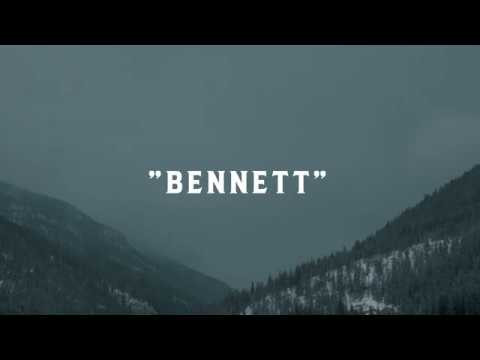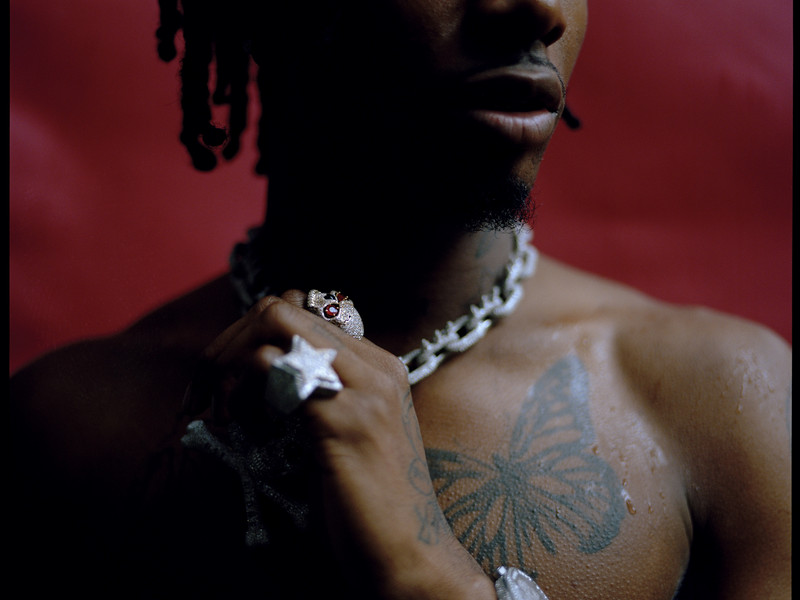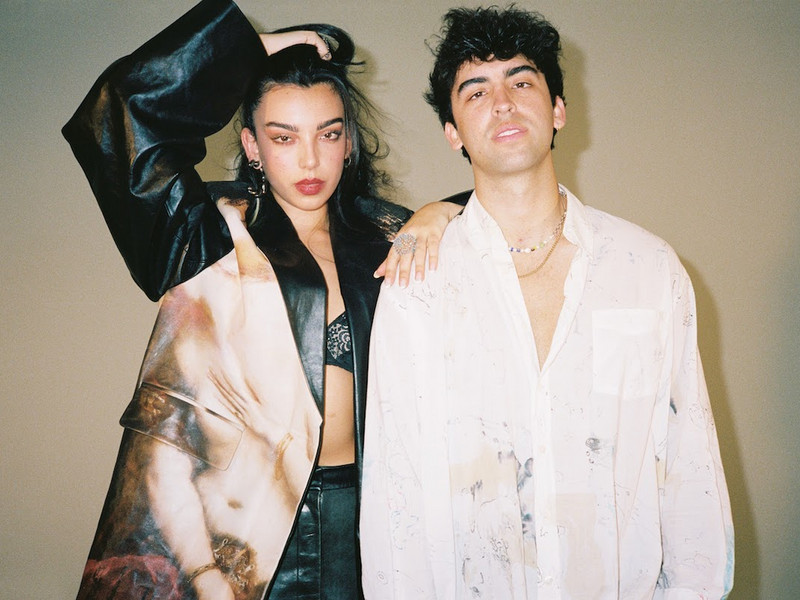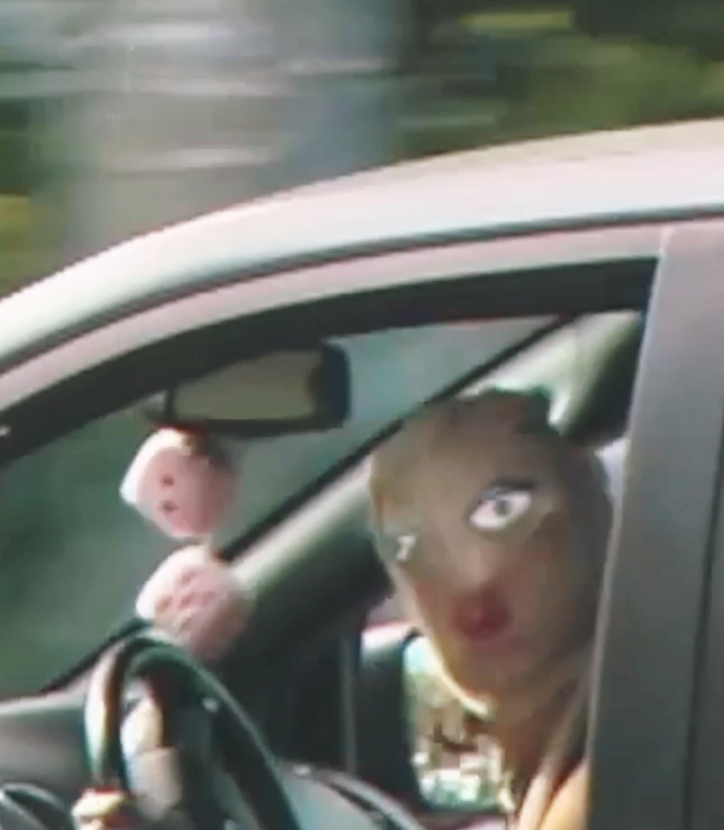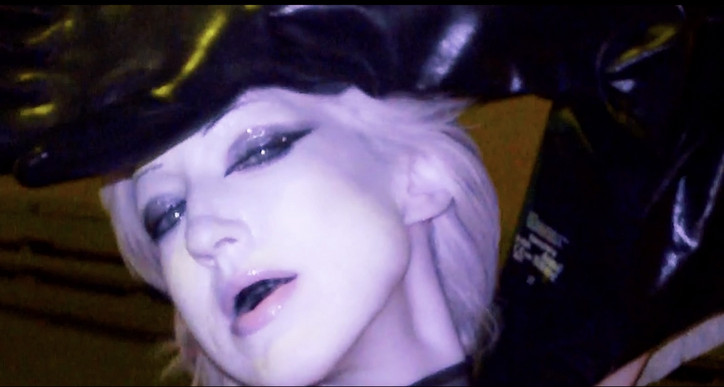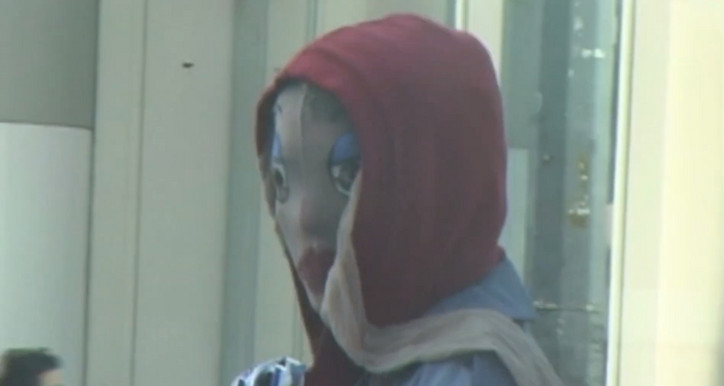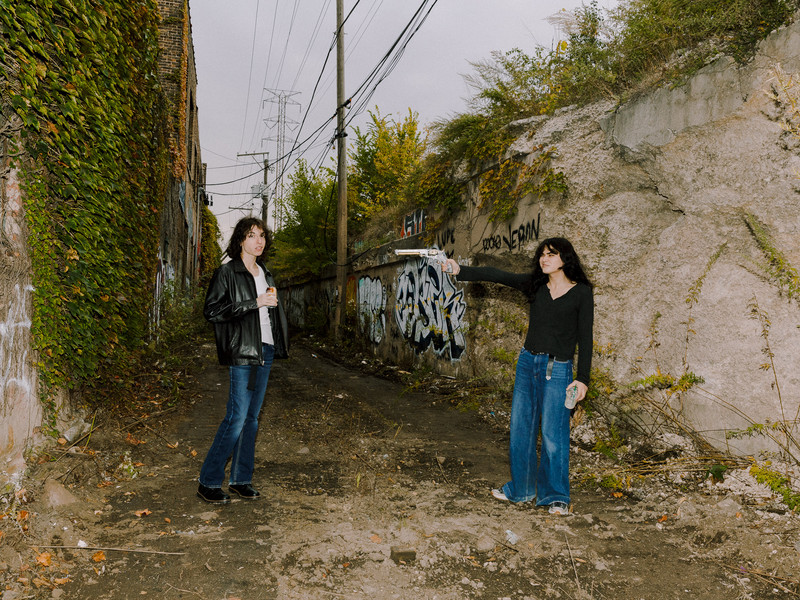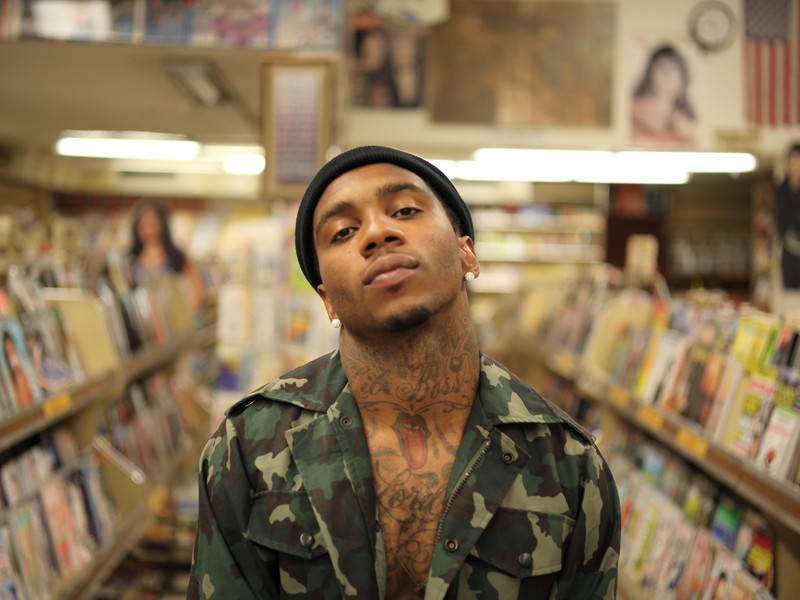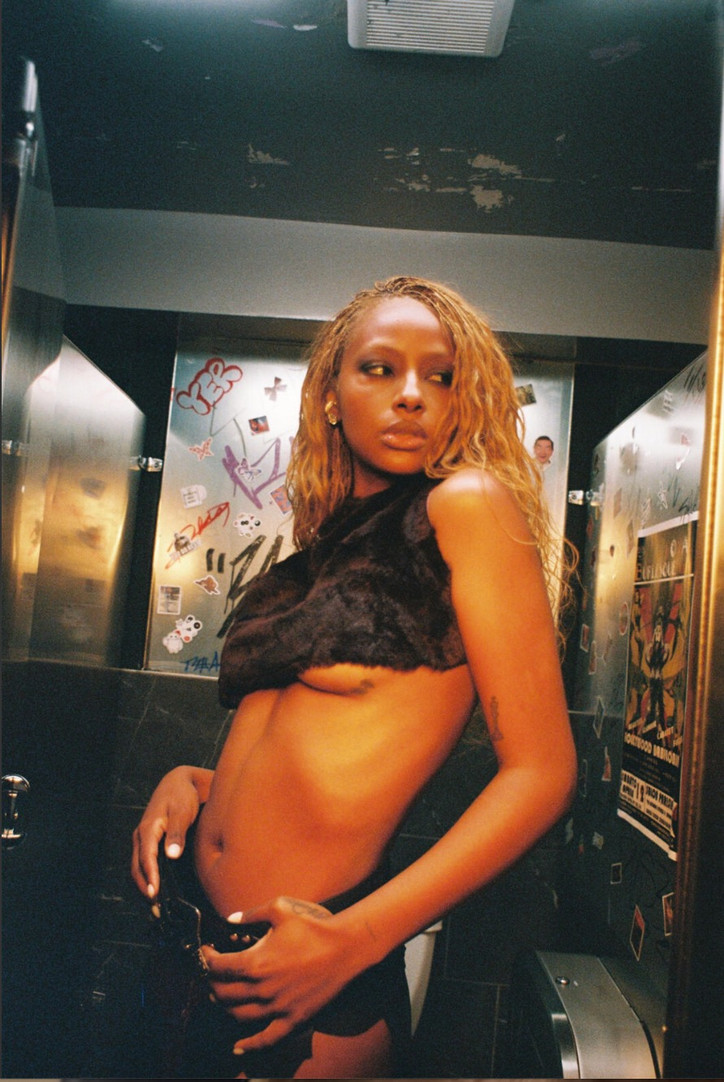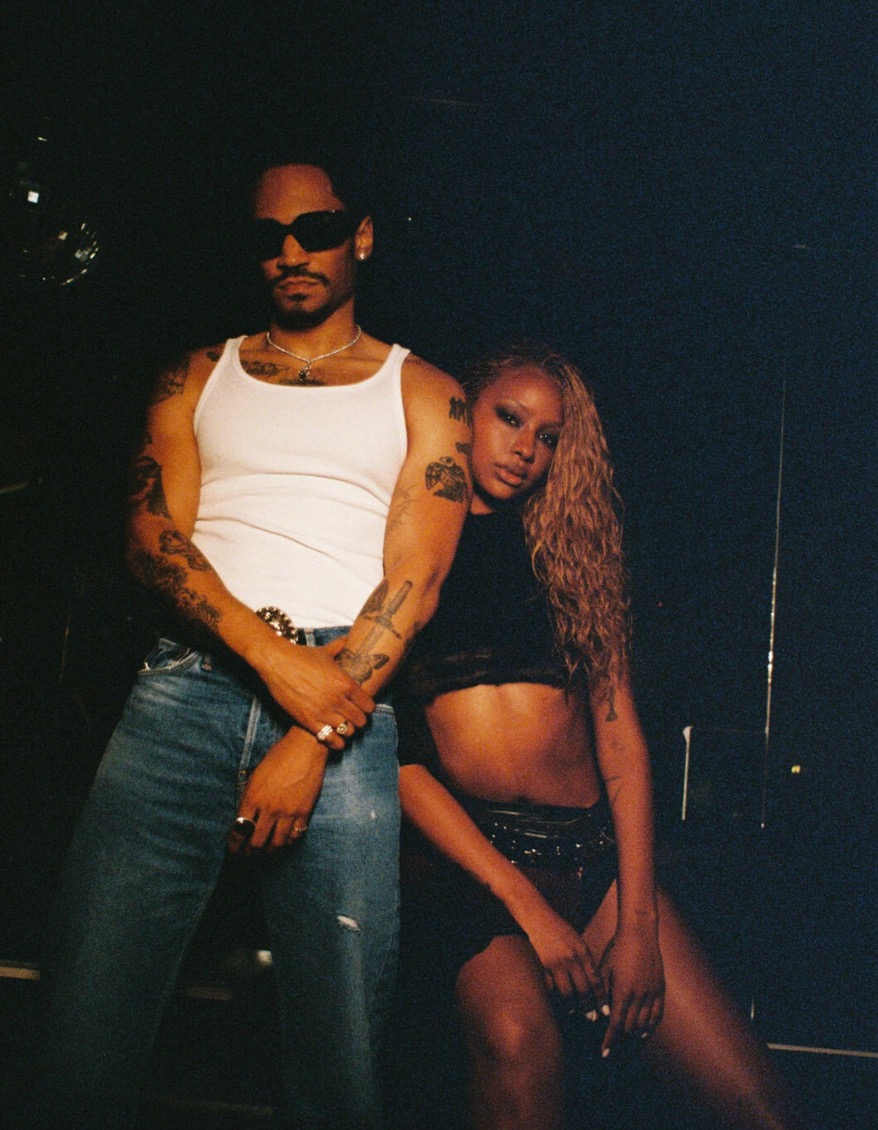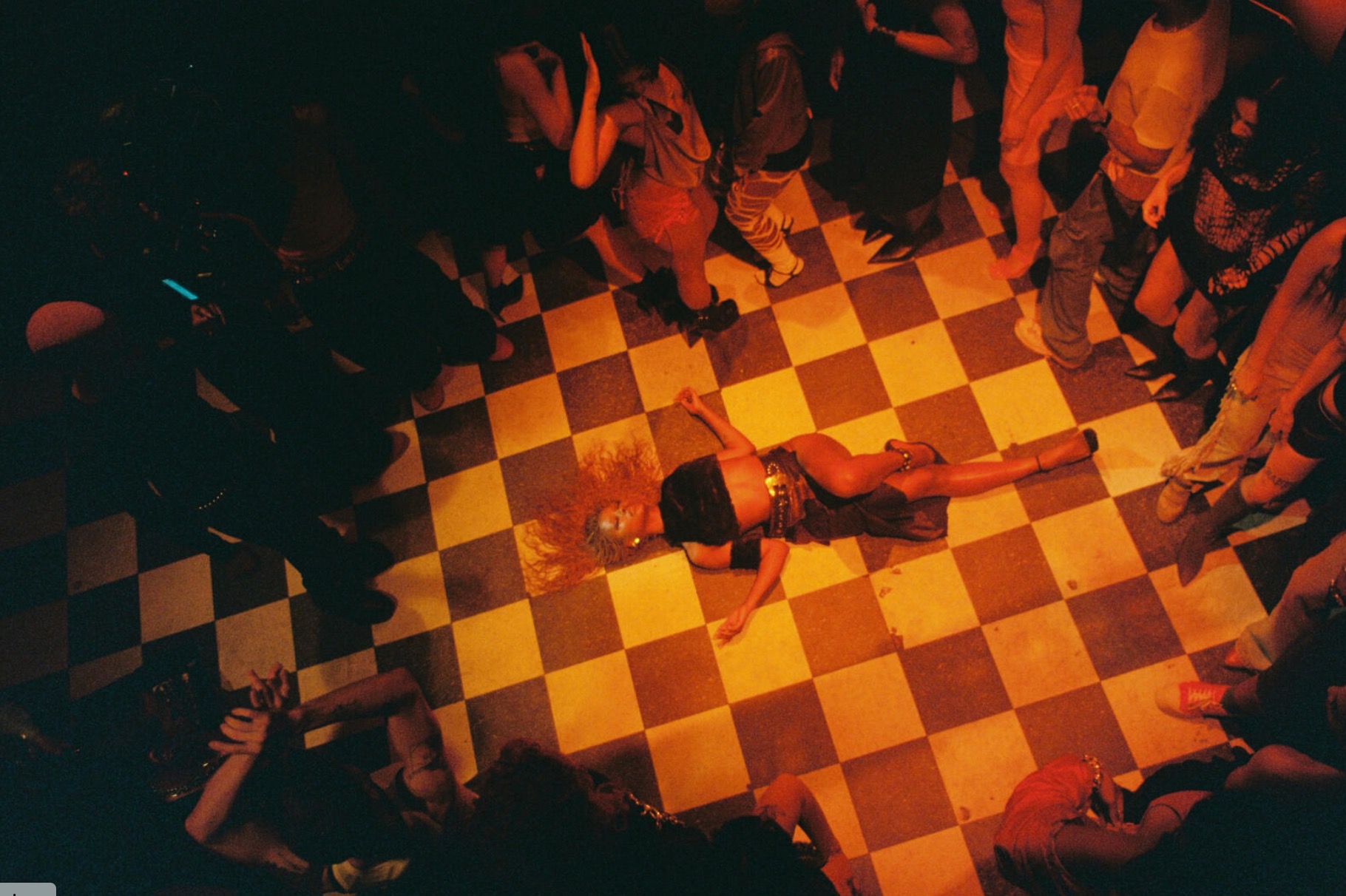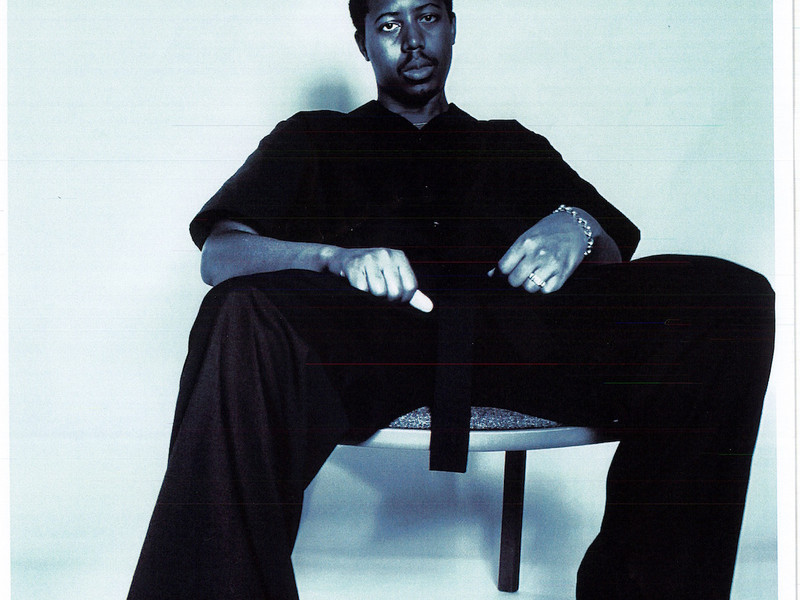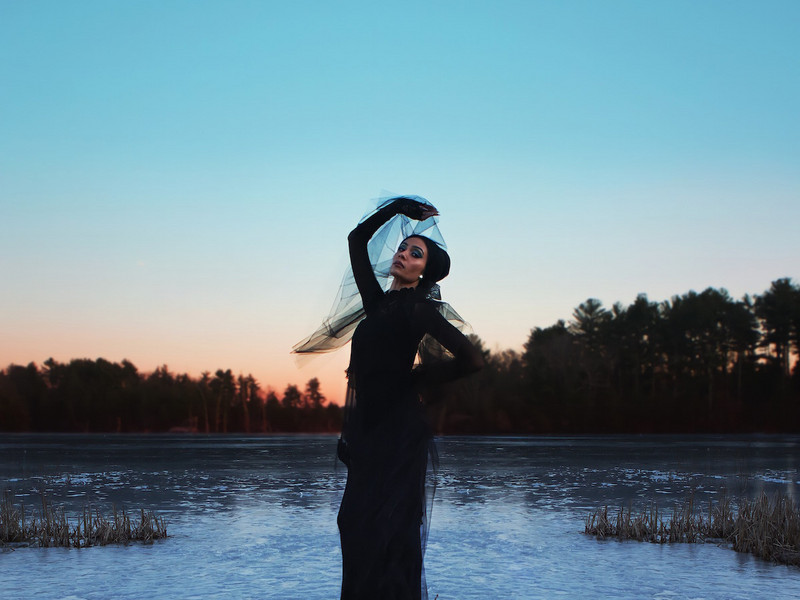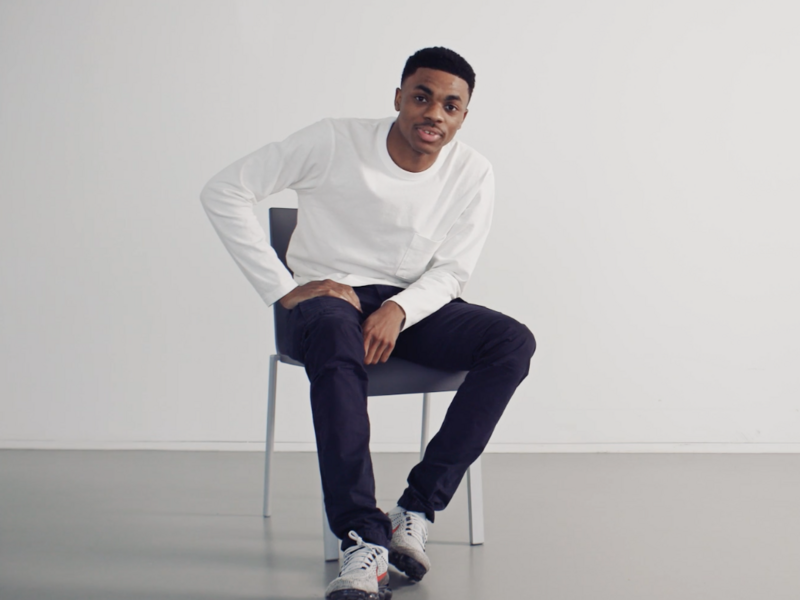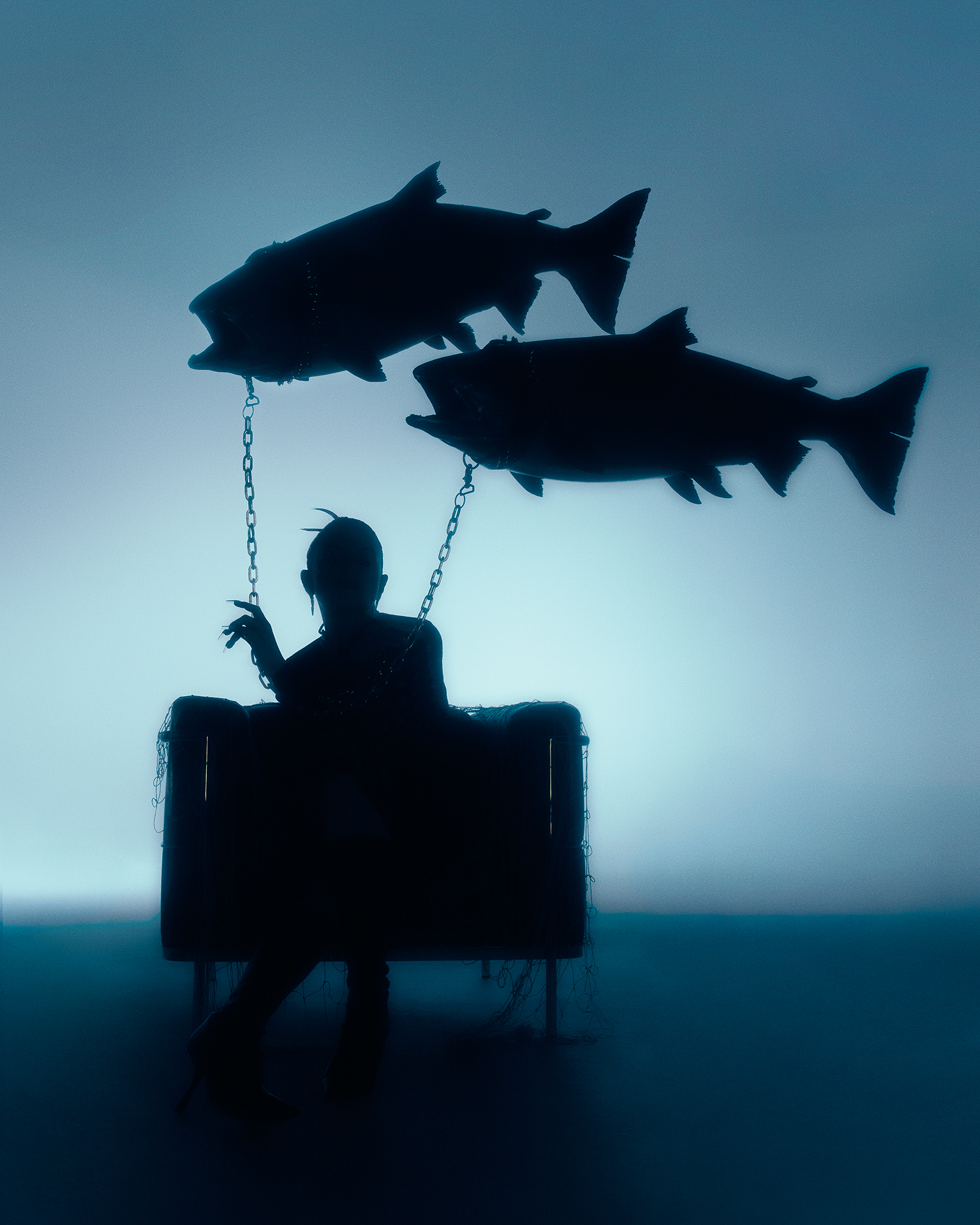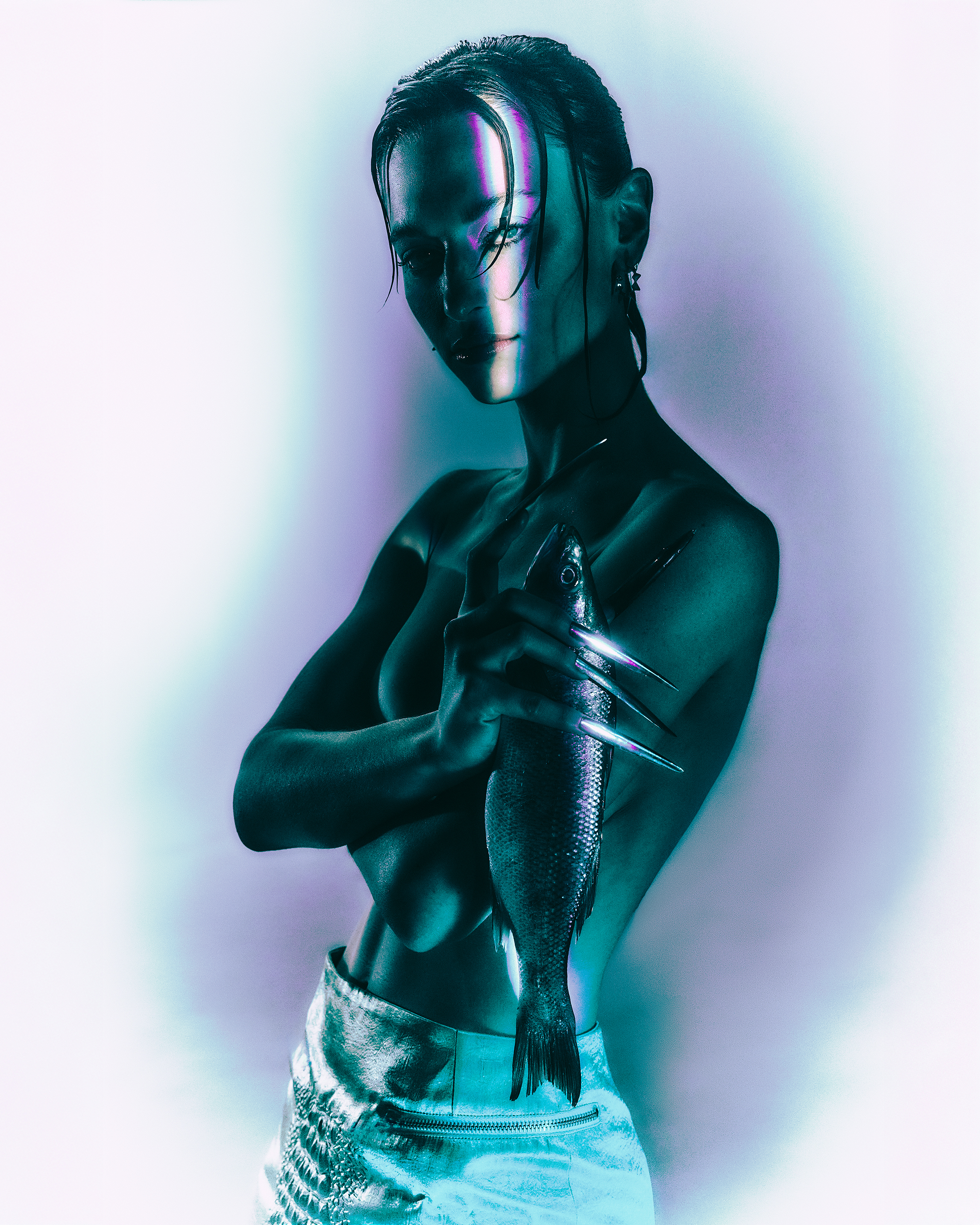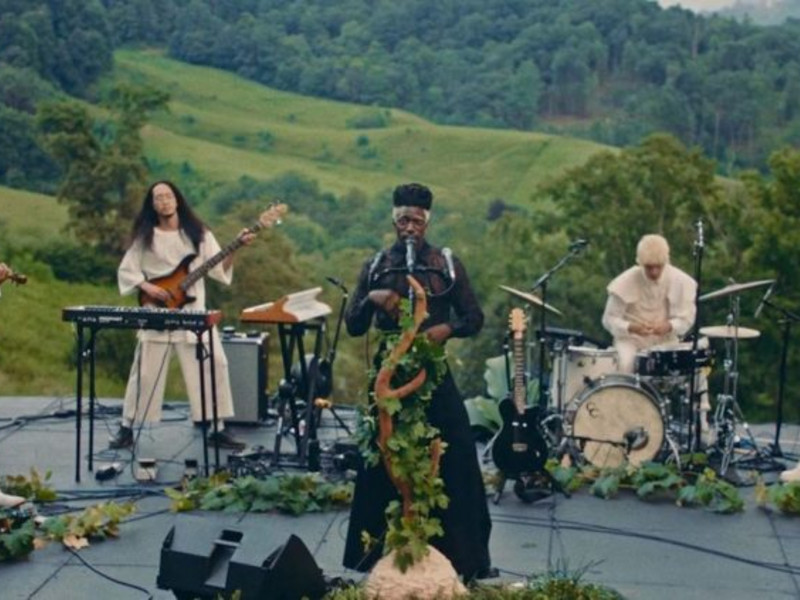Akinyemi Rethinks the Theme of Uncertainty
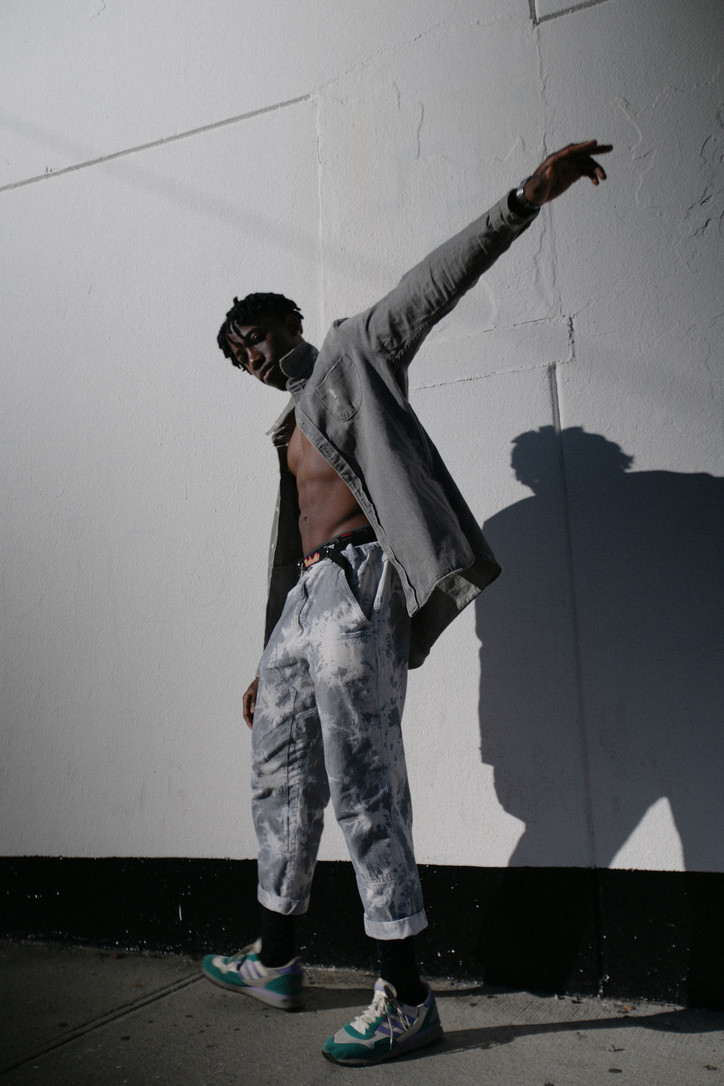
In some ways, the uncertainty which has become a normal feeling for much of the world is the same uncertainty which burdens many immigrants daily in a normal world. This also doesn’t exclude musicians—especially those who are independent. “I do all my ads myself. Just the mixing and mastering is thousands of dollars,” says Akinyemi on the unseen struggles of unsigned artists, “The reason people sign to a label is because they don’t want that to come out of their own pocket. It has come out of my own pocket.” These financial obligations in no way guarantee any sort of return—let alone profit.
To take a risk like Akinyemi requires a steadfast confidence and trust in your process and craft. It means a bit more to Akinyemi than it does to most: after three years of studying computer science at university, to his parents’ chagrin, Akinyemi dropped out to focus on music full-time; “Imagine paying for your kid to go to college for years and then they end up wanting to rap. My parents [thought] I was wasting my life.”
When asked how the 24-year-old garnered the self-confidence to make such a life-altering decision he laughed and responded: “I’m Nigerian.” It doesn’t hurt that Akinyemi has a monumental stage-presence that even many veteran artists can’t compete with. “His energy is uncanny,” says Akinyemi’s manager Noah Padawer-Curry, “Yemi is the best live hip hop act I’ve ever seen.”
Akinyemi wasn’t discouraged by his parents’ skeptical outlook on his burgeoning rap career. “I needed to come back to her with ten thousand people and say: All these people are supporting me, why aren’t you?” And he did. Unaware that his mother was in the audience, Akinyemi performed to a crowd of thousands just months after he made his decision to pursue music. His mother looked-on and cried from the mass of people.
Warrior’s Fate will arrive this summer, with songs that explore Akinyemi’s experiences living in a COVID-19 world. “I’m telling people it’s okay to be vulnerable,” he remarks on what he hopes the album will inspire, “more than that—it’ll help you.”
What was the original concept behind the album?
The original album was the story of a New York City immigrant. I'm Nigerian-American and I went to school for computer science and I found out that I had this knack for music and rap. I feel like hip hop and computer science were total opposites, but I found myself as a rapper. This record was me fighting with myself. I know a lot of people go through that same identity crisis. It's a story that a lot of first-generation immigrants face, but it’s really for anyone that's put in a box by their family, their teachers, their friends. It was that stress, that uncertainty that comes out a lot in those records. Songs that I've already released like "I Feel," "Breathe," "Seaworld" were kind of methods that I use to deal with it and methods that are general enough that other people, regardless of if they have the same story as me or are from across the world, can still relate to.
It sounds like making music is therapeutic to you. What part of it is healing?
Collaboration. I work with a slew of different people so the collaboration process is therapeutic but really it is the fact that I can say things in my music that I can't otherwise express. I feel like music often for people who it is that gateway of communication between people who might have regular day jobs or who freelance like myself.
When was it that you realized that music has this power?
I think that dates back to before I was making music. It's very often that we share experiences just through things we've heard. Whether it's people captioning song lyrics on their Instagram or just sing-alongs in a car. When I started making music in college, when I broke away from the computer science aspect of things and I was going through this trauma almost, I feel that music was the healing point of me [because I am] able to say anything I wanted to that I couldn't say to my friends [or parents] because they didn't really understand what was going on in my mind. I put that all in my music and I realized more people shared that same story than I thought. At the time I was alone in that experience.
A lot of people might not understand the financial risks that independent artists have to take. What is the independent hustle like?
I have more of a care for the craft. PR, videos—all these risks are investments that you don’t know if you’re going to see back. I feel like if I wasn’t doing it, I couldn’t sleep at night. This is the only thing that makes sense for me, so I’m happy that I’m invested in it as much as I am.
As you’ve been adapting to this new world, what changes happened within the album?
Coming to Colorado was huge for the change of the album. I made songs that touched on that. I feel like the songs I made before were still relatable, but now that I’m here, I’m able to develop more visuals and it’s way more of a conceptual visual record. We’ve been building something really unique here. A lot of the songs on the record are very introspective. I see myself in nature so to finally be able to go out and live that and have that actually reflect in the music is a beautiful thing. I made a bunch of new songs that are about staying positive.
What is it about nature that helps your mental health?
I feel like it’s the contrast of it. I’m from the city and all you see is grime, the subways, the skyline. You ask anybody in New York—everybody’s got to get out of there every now and then for their sanity.
What is it about New York that inspires your sound?
I was born and raised there. New York is very different than other parts of the country. You’re able to change your environment very quickly. I can get on a train and go to Far Rockaway and be in a totally different spot. It’s the hunger, the constant competition, the circuits that I’m put in and get out of. There’s a hunger in New York. I used to dip Queens, come to Brooklyn and just immerse myself in these shows, in this hunger. You go to shows and everybody in the audience is an artist, too. They all want to shine. My influences are my friends and the stories they’ve told me from being all over. Queens is the most diverse place in New York, so when I grew up with people from everywhere and they told me stories from all over the place and I feel like I absorbed that.
How does your Nigerian heritage influence your music?
The record is called Warrior's Fate. My name, Akinyemi, in Yoruba which is one of the three tribal languages in Nigeria—that's what my parents speak—It means 'fated to be a warrior.' That's where that confidence comes from. I'm trying to start an episodic series of records. Episode 1 is Warrior's Fate. The first song is called "Reborn" and it's really about me coming out the shell of what y'all knew in the past. I feel like Nigerians are good negotiators. They have a certain warrior's spirit to them—something that I've seen in my mom and my brother. Try until you don't succeed. That's why I'm trying so many different forms. I feel like that starts with my heritage.
